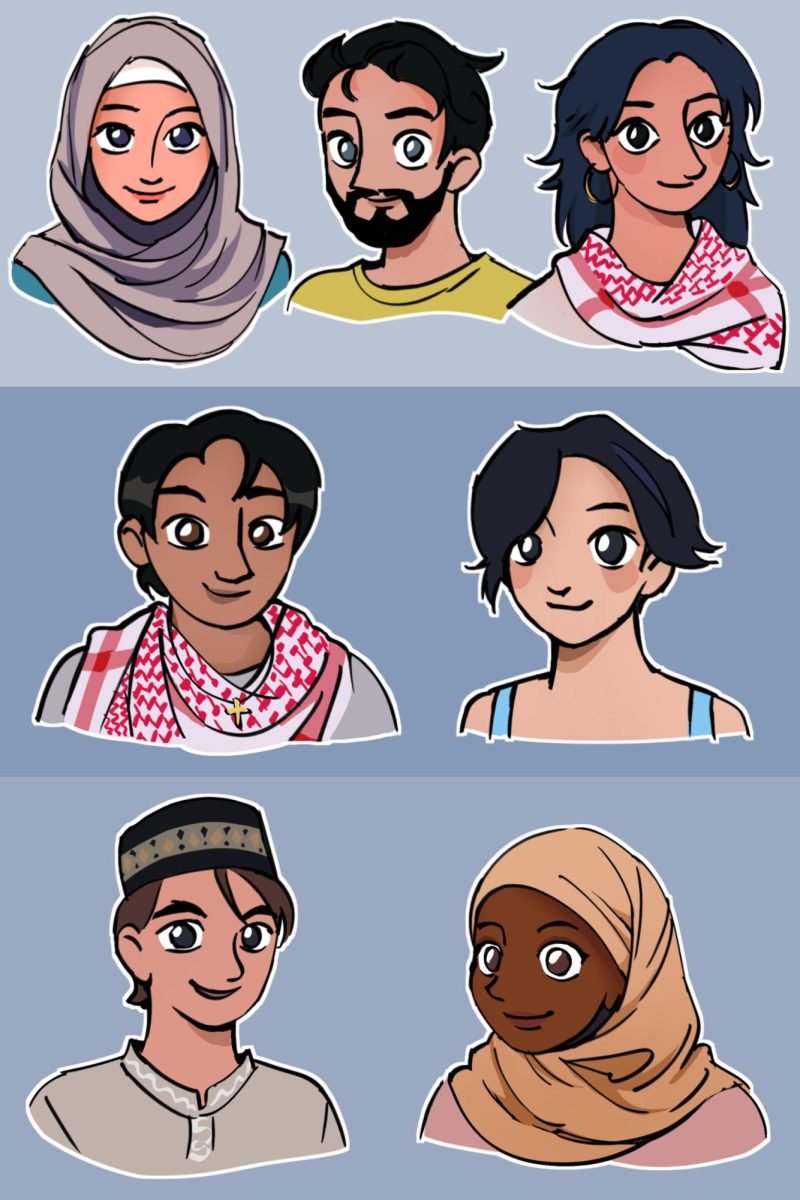In the wake of three student athletes at San Antonio’s University of the Incarnate Word donning blackface for their Halloween costumes, we are once again reminded of the widespread cultural ignorance afforded primarily to white people at the expense of black bodies.
The students issued apologies after significant social media pressure and cited ignorance rather than racism as the reason behind their reckless actions. Nevertheless, the ability to be completely ignorant of the painful, racist history of blackface is a privilege rooted in a white supremacist society.
Blackface originated as a part of Minstrel Shows which gained popularity in 1842 and continued until the 1970s. The shows featured non-black actors painted black with burnt cork or black grease paint. The performances were centered around the mockery of black people and promotion of hateful stereotypes that still exist today.
Since its conception, blackface has served to flatten black culture into a caricature that ignores perseverance. Those who engage in such racist acts portray black people as poor, uneducated or the butt of a bigoted joke; it is never used as a celebration of abundant black excellence and determination.
Black culture in America is a direct result of marginalized people having to function within a society that was engineered to strip them of their humanity and utilize them as tools. For example, black cuisine, otherwise known as “soul food,” largely comes from slaves being forced to eat the “undesirable” animal parts that their masters threw away.
The assumption that whiteness is a neutral, blank slate that can appropriate any culture it wants is heinous and reminiscent of western colonialism’s destructive history. It assures white people that the world is theirs for the taking, and people of color that their culture is something to be colonized and stolen without care or appreciation.
When putting on blackness as a costume, the perpetrators are able to take it off whenever it is convenient. Black people, on the other hand, are forced to carry a history of oppression, brutality and “otherness” with them every day of their lives while simultaneously putting up with the cultural ignorance around them.
When black people stop being brutalized by police because of their skin color, when they stop being jailed at disproportionate rates by a racist and classist judicial system, when black students have as many professors who look like them as their white counterparts, when they are no longer seen as “others”—then, and only then can we begin to talk about this issue as one that isn’t entirely detrimental to the livelihood of black people and their culture.
While the unfortunate actions of the student athletes at UIW can at least serve as an opportunity to reiterate that racism has no place at our school, it’s frustrating to have to make the same statement so often.
We are ready to support and help empower the students of color at this university. Now is the time to combat ignorance by celebrating the complex beauty of blackness in America and amplifying black voices.
Categories:
Blackface was never okay
November 20, 2017
The Main Point is an opinion written collectively by The University Star’s Editorial Board. Opinions expressed are not necessarily those of our entire publication.
0
Donate to The University Star
Your donation will support the student journalists of Texas State University. Your contribution will allow us to purchase equipment and cover our annual website hosting costs.
More to Discover












